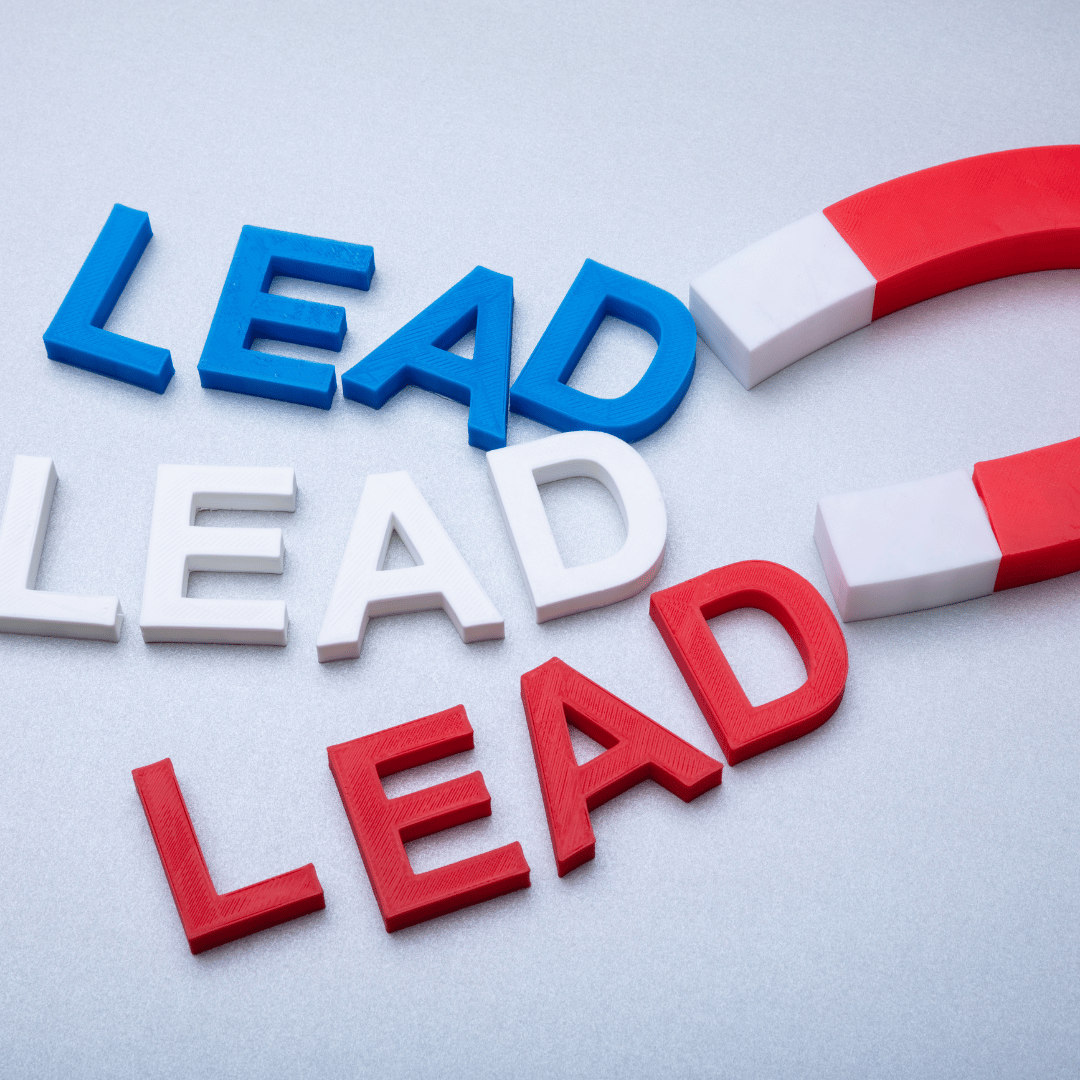Call Us Today! 503-895-5745
Digital marketing strategies that supercharge lead generation
DIGITAL MARKETING
5/27/20252 min read


In today's era of information overload, it's harder—and more essential—than ever to capture and convert potential clients. That's why digital marketing and lead generation are paired like a matched set. A solid digital strategy not just makes a company known, but converts interested browsers into faithful clients.
Whether a small business, startup, or enterprise, lead generation mastery through digital marketing can open the door to your next growth stage.
Define Lead Generation in Digital Marketing
Lead generation is the process of converting or attracting strangers or prospects into a person who has shown interest in your business's service or product. Online lead generation typically involves gathering email addresses, phone numbers, or social media profiles through online-based endeavors.
Successful "lead generation" is not a matter of quantity—it’s a matter of quality. It’s a matter of drawing in those most likely to end up paying.
Why is lead generation important to digital marketing?
Fueling the Sales Pipelines
Without a constant supply of leads, there is nothing to pitch to the sales team. "Lead generation" maintains the pipeline and business development on track.
Greater ROI
Digital channels including SEO, PPC, and email marketing are economical in relation to traditional marketing. With "lead generation" optimization, they yield measurable results.
Customer Insights
Your lead data informs you of how and why your audience acts, feels, and suffers.
Top Digital Marketing Channels to Drive Lead Generation
1. Content Marketing
Organic traffic comes from blog posts, whitepapers, and eBooks
Use gated content such as downloadable PDFs to build email lists.
Include prominent, clear calls to action that drive to landing pages.
2. Search Engine Optimization (SEO)
Target keywords that viewers are looking for.
Optimize landing pages to drive conversions.
Local SEO facilitates lead generation from within your locality.
3. Pay-Per-Click (PPC) Advertising
Google Ads and social media advertising can produce traffic immediately.
Landing pages should be optimized to generate conversions from visitors.
4. Social Media Marketing
Platforms such as Facebook, LinkedIn, and Instagram have advanced targeting.
Use lead forms and clickable stories/posts to build interest.
5. Email Marketing
E-mail targeted correspondence to cultivate leads over time.
Provide value—such as tips, tools, or bargains—to drive engagement.
6. Online Events and Webinars
Ideal for B2B lead generation.
Capture lead information upon registration.
Best Practices of Lead Generation Campaigns
Develop Captivating Offers – free trials, discounts, eBooks or unique content are effective.
Optimize landing pages – Implement simple forms, effective headings, and prominent CTAs.
Use A/B testing – Test various headline, image, and CTA combinations to determine what converts.
Automate Where It's Possible – Leverage marketing automation solutions to deal with follow-ups and lead scoring.
Use a tool like Google Analytics, HubSpot, or Mailchimp to track and analyze results.
Final Conclusion
Online marketing is not simply a matter of online presence—it's a process that brings the ideal people in time and again. By targeting lead generation, you're not simply marketing to gain notice—you're marketing to drive growth. In a noisy world, the ones who create and cultivate quality leads will always possess the competitive advantage.
Contact Us
Socials
📞 USA: (+1) 503-895-5745
📞 Pakistan: (+92) 332-3480678
🏢 Head Office:
8449 SW Barbur Boulevard, Portland, OR 97219, USA
🏢 Back Office:
T9, Sohni Shopping Mall, Karimabad, Karachi 75950, Pakistan.
© Copyright 2025 | Developed By | Enter and Post LLC
